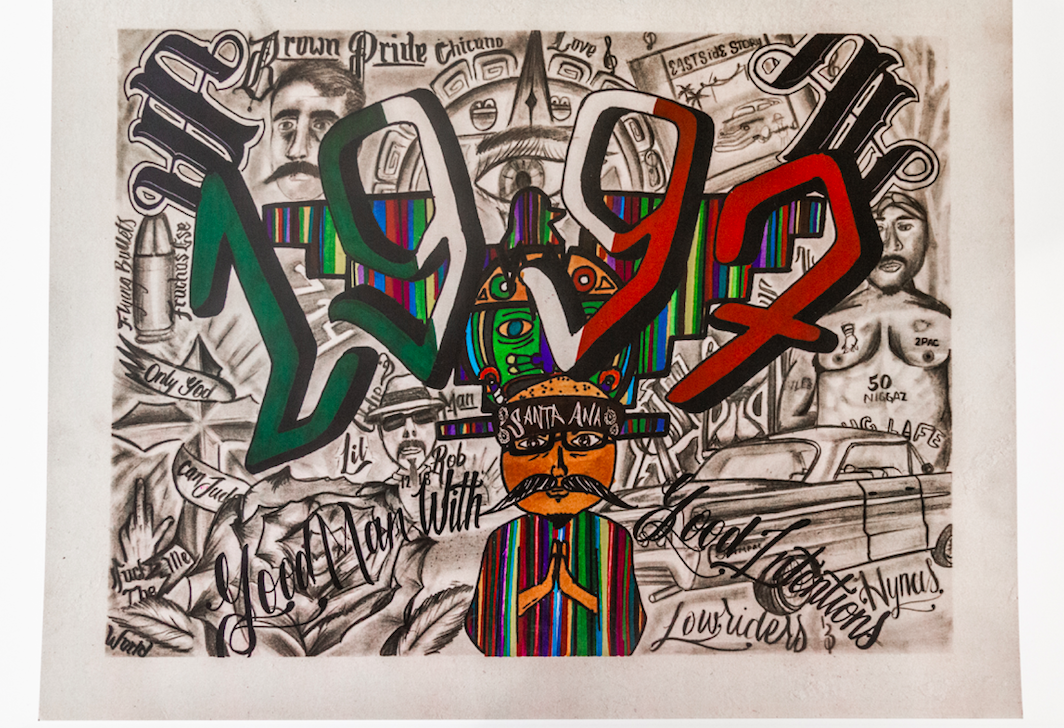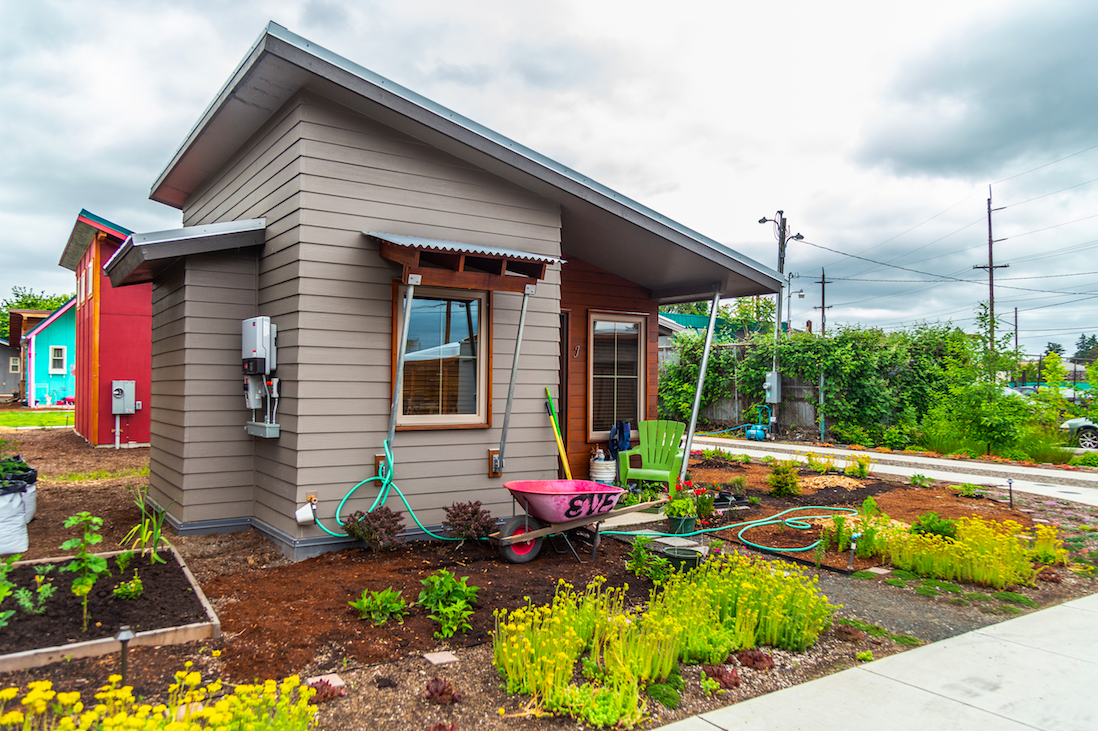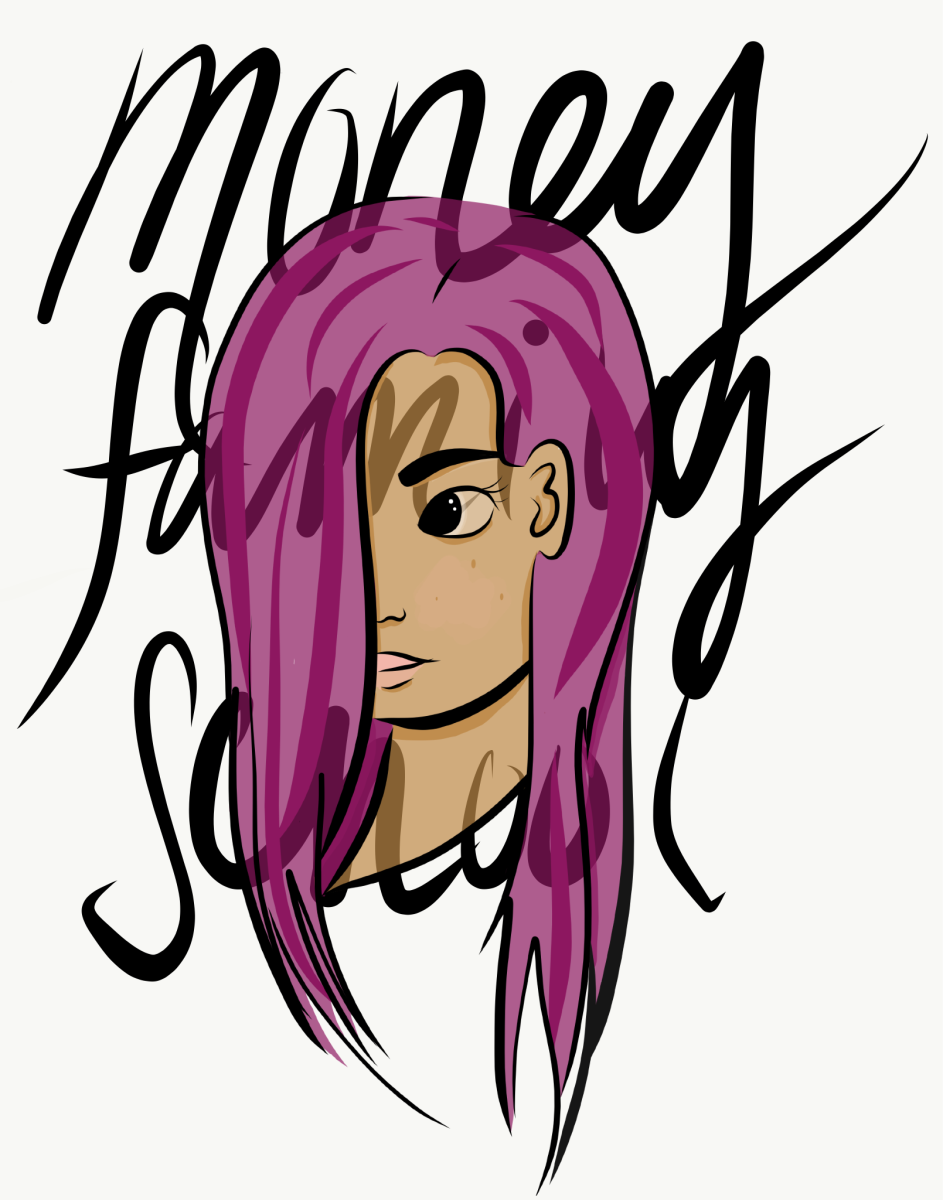In 2017 a Venezuelan opposition party was formed in order to maintain the authority of the National Assembly. The designated figurehead of the opposition, Juan Guaidó, a formerly unknown right-wing politician from Venezuela’s Popular Will Party, has declared himself president amidst internal conflict over the most recent presidential election by way of an informal power-sharing agreement among the opposition’s political parties. Article 232 of the Venezuelan Constitution grants the National Assembly power to declare a president’s “abandonment” of his position.
However, Maduro has done no such thing and only the Supreme Court has the authority to disqualify sitting presidents. Although, one must recognize that this very Supreme Court was carefully constructed by the Maduro presidency. This complex situation merits a more in depth look at Venezuelan history in order to better understand its current political climate.
The United States has a long history of systemic involvement in Latin American politics that parallels current U.S. actions and rhetoric in present day Venezuela. In 2002, during the Presidency of Hugo Chavez, the Confederación de Trabajadores de Venezuela, or the National Federation of Trade Unions, opposed the Chavez presidency after his appointment to prominent positions in the Venezuelan National Oil Company. However, this uprising was prominently backed by American interests in Venezuelan oil. Despite President George W. Bush’s denial of U.S.involvement.
The New York Times published a story exposing CIA prior knowledge of the coup, a coup that American media brazenly supported, just as they are currently in support of Guaido. Furthermore, publications such as The Guardian added that several U.S. senior officials in office during the attempted Chavez coup served as policy makers under the Regan administration during the Dirty Wars of the 70s and 80s when thousands of innocent civilians were murdered, tortured, and kidnapped.
One such appointee, Elliot Abrams, a current senior advisor in international policy under the Trump administration, is infamously linked to misinforming the U.S. government in order to prompt violence during the Iran Contra Affairs motivated by his business connections with Dick Cheney.
His deep ties to the Dirty Wars also serves as evidence of his willingness to promote unjust violence and military backed coups for economic gain.
Likewise, Trump’s open communications with Venezuelan opposition officers was reported by the New York Times in September of 2018, continuing the trend of U.S. involvement in Latin American politics to today.3 Despite the long history of systematic targeting of Venezuela by the U.S., American media uniformly characterizes Venezuela’s suffering as the sole fault of Maduro. It is confusing and disheartening to see a lack of recognition of U.S. past involvement in Venezuelan politics. The narrative of Maduro as a corrupt dictator is one that must be questioned and further examined as carefully constructed by the American government, even by prominent “liberal” Democrats.
It is clear, though, that the threat of violence does not only come from the U.S., but from the Maduro administration itself. No sane communist or socialist would applaud the current state of Venezuela as it is clear a humanitarian crisis is occurring. Due to increasing inflation rates, sharp increases in immigration rates, and a drop in national income, many Venezuelans do not have access to basic necessities such as medicine, food, or toiletries. Despite the rapid increase in poverty, Maduro has denied the crisis and claims humanitarian aid serves as a U.S. orchestrated show undermining his presidency.
On April 30th Maduro partially opened Venezuela’s border with Colombia after having closed off all of Venezuela’s borders from relief campaigns. Russian allies of Venezuela have accused the U.S. of attempting to arm Venezuelan’s opposition party. The roots of these claim of U.S. involvement and sabotaging of Venezuelan socialism may stem from the rigorous and pointed economic sanctions the Trump administration has imposed on the country.
Unrelenting hostility of internal and external adversaries has led to international sanctions and threats of military action. This, coupled with failing oil prices and failure to diversify an economy dependent on petroleum, has greatly contributed to the Venezuelan crisis. The American government has financial stakes invested in Venezuelan oil.
John Bolton of Fox news has even stated on air that America would profit from investment in Venezuelan oil. Around the year 2014 the United State began imposing intense sanctions on Venezuelan oil companies and international oil prices plummeted while Venezuela’s oil output also declined significantly.
Oil prices in Venezuela, a major foundation of the country’s economy, still have yet to recover to that of their pre-2014 prices. In 2017 the Trump administration imposed new sanctions which prohibited the purchase of bonds issued by the government or PDVSA and forbade the nation’s US-based company CITGO from repatriating profits.
Due to the malicious intent to cause harm to the Venezuelan economy, many Chavistas saw these sanctions as an act of war.
Anyone who points to government incompetence or the natural pitfalls of socialism as the root of the Venezuelan crisis is clearly overlooking a long U.S. history of economic interference. And, in case you were excluding democrats from involvement in this economic warfare, even an executive order under the Obama administration in 2015 directly targeted the Venezuelan economy.
Framing this crisis in a global context is important. Chavista activists have been receiving support from China and Russia, sharply contrasting efforts by U.S. officials such as Marco Rubio to rule these activists organizations as terrorists. U.S. intelligence agencies launch as series of cyber attacks to Venezuelan electrical companies in an effort to leave innocent Venezuelans without power and, if accomplished, would serve as justification for U.S. interference in a ‘failing socialist economy’ as has been numerously stated by Trump.
However, China offered to help restore Venezuela’s electricity before it evolved into a national crisis. All of this is to say that what is happening in Venezuela is revealing because it shows us that the United States and its North Atlantic treaty organization allies failed in isolating Venezuela and are up against the legacy and living infrastructure of the Socialist Bolivarian Republic. Throughout the Dirty Wars of the 70s and 80s, and even previous to those events, we are able to see the U.S. as a dominating figure controlling Latin American politics. This long relationship is now being confronted and fought against with the support of global allies such as Russia and China whose interests are even more complex.










![[Photo Courtesy of the Lara Family]
Ruben embraces his beloved childhood goat, Katrina.](https://ethos.dailyemerald.com/wp-content/uploads/2025/05/katrina-1-1060x1200.jpg)


